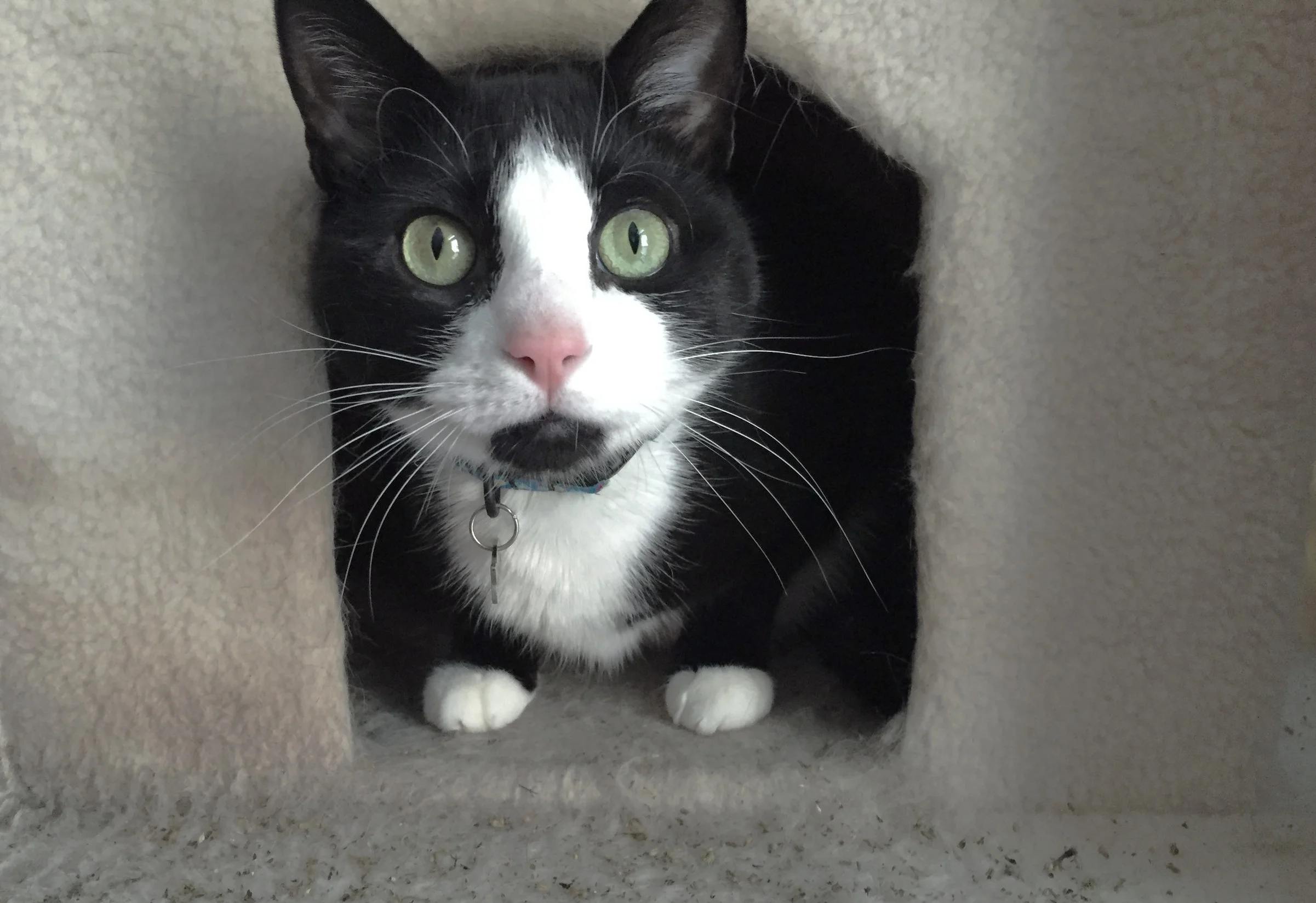The Dark Net: A Modern Action Story with Ancient Philosophical Roots
I just finished Benjamin Percy's outstanding new novel The Dark Net, and I'm now thoroughly a fan. Percy's comic book chops are fully on display in a fast-paced story in which character development feels slightly perfunctory but each of the many action scenes are written vividly enough to be easily pictured in stylized ink. I will admit with no shame to have been drawn in be the cover art and fully hooked by a review by Paul Tremblay--who blew my mind with A Head Full of Ghosts--that described The Dark Net as channeling "the spirit of your favorite sprawling and epic 1908s horror/thriller novels". The "horror" descriptor may have overshot the mark, but the comparison to some of my favorite novels is apt.
The Dark Net flutters between several genres and is no weaker for its inability to choose one as its contextual home. It comes closest to the urban fantasy worlds like those created by Jim Butcher and Kim Harrison, reflecting their passionate commitment to place and eagerness to imbue familiar scenes with supernatural forces. Unexpectedly, it also bears a resemblance to the angels-vs-demons world of some evangelical Christian fiction. When pictured as the movie it could easily become, it even has echoes of Bladerunner. But the success of The Dark Net lies in its ability to draw upon each of these influences to create something entirely new.
In the spirit of avoiding obvious spoilers, I'll leave off on the plot, but if you have a true phobia of spoilers, steer clear; there's not really any way to get into the questions raised by the book without dropping a few hints now and there. The Dark Net paints a chilling view of the havoc that cyber criminals could wreak on our world, and as far as I can tell, it's fairly accurate, at least within its more grounded moments. Percy's deft interweaving of the essentials of cyberwar with the most fundamental questions of reality and being reminds the reader that, despite our new digital environments, the philosophical puzzles that drive us remain unsolved. The Dark Net not only demands that we ask what it means to be human but also to take the next step to question the nature of existence itself.
Probably since the earliest days of the written word and earlier, at the time of the Lascaux paintings and even before, humans have believed a visible creation of their own making could capture their essence and let them live on, as long as their creation existed. Their art kept alive their ego, the part of them that made them unique, by giving it continued power to affect its audience. We believe the same thing today; we pay much more for an original painting than a copy because the master himself touched it. We save the possessions and mementos of our long-lost family because it provides a connection to those we desperately miss or those who we missed entirely. All signs point toward humans probably carrying on this believe after the zombie apocalypse has come and gone, as Glenn on The Walking Dead reminds us in conversation with Enid that those we have loved and lost aren't really dead, so long as we carry their memories and are affected by the lessons they taught us.
In the digital age, surely ink on stone are no longer required to preserve our memory. Barring a complete global loss of electrical power capabilities, the potential for digital information to be permanently accessible is pretty solid. In other words, what we put online might well last forever, and probably unlike our Paleolithic forebears, we are aware of that.
We also live in an age when what it means to be physically ourselves has been reduced to the smallest essence we have yet discovered. We can lose limbs or be born without key organs and still live as ourselves. We know that traumatic brain injury, severe illness, or psychological trauma can erase, add to, or fundamentally alter elements of our memory and personality, but there is no doubt that society will treat us as the same person we were before. There is something that makes us discretely human, but as various parts of that something get roughly chopped away, we are left even more confused about what that something might be.
The Dark Net dares to propose that cyberspace may be as good as any other vehicle for us to live on in others' memories and, in fact, that it may give us the possibility for continued agency on the tangible human plane. It offers a safety net to catch us in case our physical and ephemeral essences are severed and couches it within enough scientific language to make the layperson believe it. I've read a lot of Michael Crichton's novels, and they all seemed entirely plausible to me. Similarly, I'm not set-up to question Percy's science, but I can consider the philosophy. I have no particular insight into the metaphysical basis of existence, but I can say that the questions he raises and the solutions he proposes are well within the mainstream of what humans have pondered and believed for a very long time. That on its own is cause enough to read the book. The fact that it's a great page-turner of an action story is just icing on the cake.






